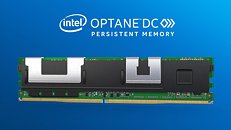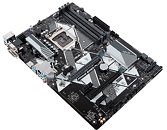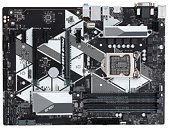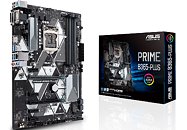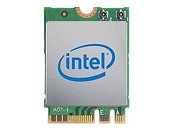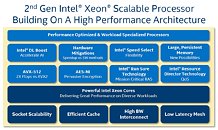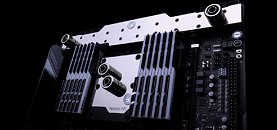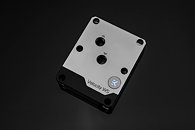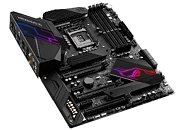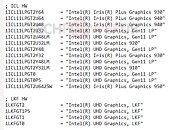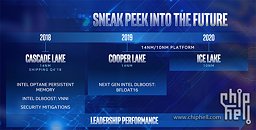
Intel Partners with Netflix to Deploy AV1 CODEC as its 4K Backbone
At The National Association of Broadcasters Show (NAB Show) today, Intel and Netflix announced a new high-performance video codec that is available as open source and royalty-free to content creators, developers and service providers. Scalable Video Technology for AV1 (SVT-AV1) offers performance and scalability in video processing.
"The SVT-AV1 codec offers both high performance and efficiency. And compared to today's most popular codec (H.264 AVC), SVT-AV1 can help service providers save up to half their bandwidth, delivering leading-edge user experiences that can be quickly and cost-effectively delivered at a global scale. This codec makes it possible for services ranging from video on demand to live broadcast of 4Kp60/10-bit content on Intel Xeon Scalable processors, including the recently launched 2nd-Generation Intel Xeon Scalable processor," said Lynn Comp, Intel vice president of the Network Platforms Group and general manager of the Visual Cloud Division.
"The SVT-AV1 codec offers both high performance and efficiency. And compared to today's most popular codec (H.264 AVC), SVT-AV1 can help service providers save up to half their bandwidth, delivering leading-edge user experiences that can be quickly and cost-effectively delivered at a global scale. This codec makes it possible for services ranging from video on demand to live broadcast of 4Kp60/10-bit content on Intel Xeon Scalable processors, including the recently launched 2nd-Generation Intel Xeon Scalable processor," said Lynn Comp, Intel vice president of the Network Platforms Group and general manager of the Visual Cloud Division.

